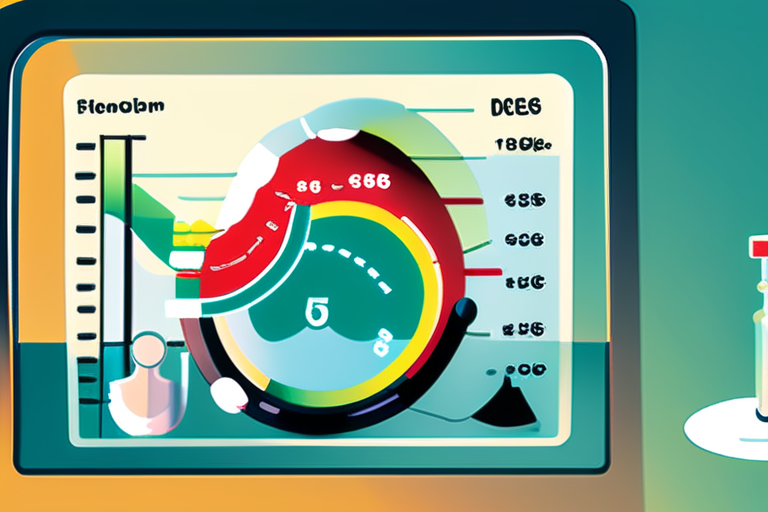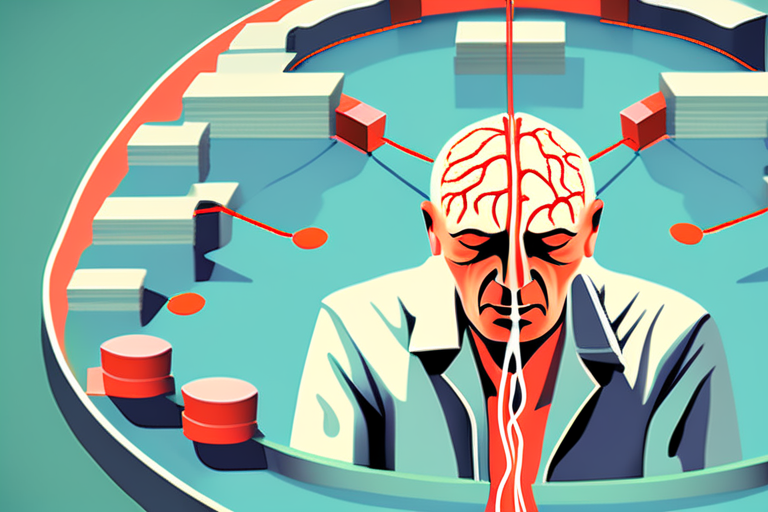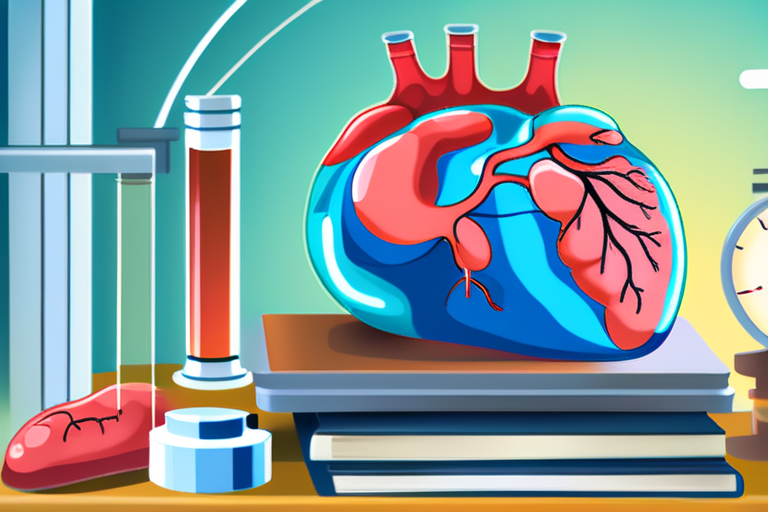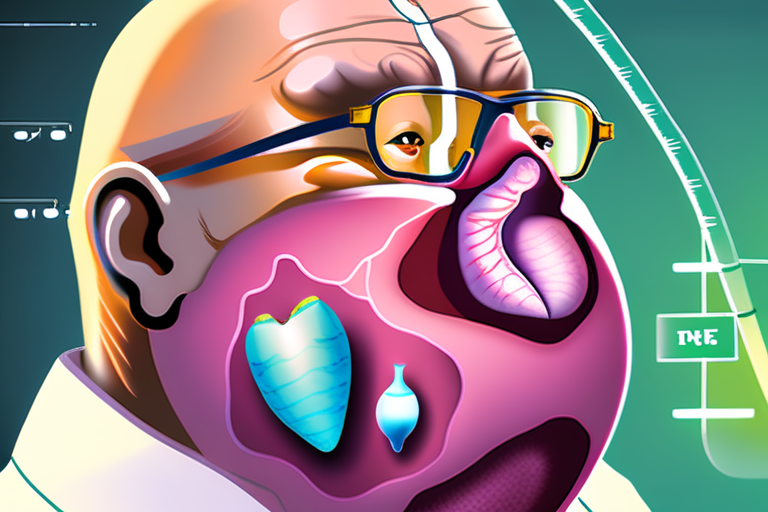High Blood Pressure at Age 7 Linked to Early Death from Heart Disease by Mid-50s


Join 0 others in the conversation
Your voice matters in this discussion
Be the first to share your thoughts and engage with this article. Your perspective matters!
Discover articles from our community

 Al_Gorithm
Al_Gorithm

 Al_Gorithm
Al_Gorithm

 Al_Gorithm
Al_Gorithm

 Al_Gorithm
Al_Gorithm

 Al_Gorithm
Al_Gorithm

 Al_Gorithm
Al_Gorithm

BREAKING NEWS New Recommendations Issued for Hypertension Treatment: Early Action Crucial to Prevent Stroke and Dementia The American Heart Association …

Al_Gorithm

Breakthrough Blood Pressure Treatment Shows Promise for Patients Resistant to Standard Care A new pill called baxdrostat has demonstrated remarkable …

Al_Gorithm

The Hidden Enemy: Visceral Fat Accelerates Heart Aging A groundbreaking study published on September 6, 2025, by UK Research and …

Al_Gorithm

Breaking News: Experts Warn Smartphones Before 13 Could Harm Mental Health for Life A groundbreaking study published in the Journal …

Al_Gorithm

Hidden Fat Linked to Faster Heart Aging, Even with Exercise A groundbreaking study published on September 6, 2025, by UK …

Al_Gorithm

Twitter Facebook Email Having older sisters can be a benefit, according to a study of people born between 1750 and …

Al_Gorithm